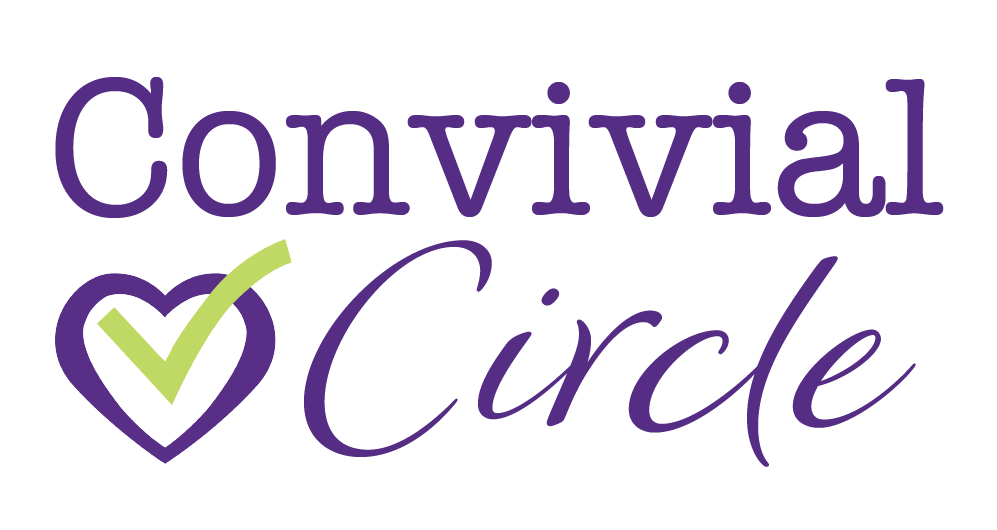Finding many small changes you can make to simplify average days at home will add up to significantly more calmness and drastically less stress. I think you’ll be surprised if you also try making similar little tweaks that reduce the load of decision making in the day to day. Let’s dig into what simple means and how to get it.
How stressed are we? How can we eliminate stress and also learn better responses to stressful situations? What is simple, anyway?
Systems can help promote peace and productivity and reduce the stress of fatigue and decision-making. But not just any system or every system will.
One core principle I have found that helps keep life sane is simplicity. When you think simplicity you might think not owning much, keeping the house sparse, or not doing much. But simplicity does not have to mean minimalism.
Simple is keeping a one-piece life.
Tsh Oxenreider in her book Organized Simplicity, defines simplicity as “living holistically with your life’s purpose.” So what does it mean to live holistically? Tsh writes:
Holistic living means that your spiritual, relational, emotional, intellectual, physical, and financial lives are working together.
Living simply means you have a focus and direction, and all aspects of your life cohere around that focus and help move it forward. It means you do not have compartmentalized portions of your life. It means your energies are not scattershot across a wide field, aiming at no target other than forward momentum.
Simple is knowing what you’re doing.
An often overlooked element of simplicity is the simplicity and calm peace of mind that routines and habits bring. Routines and habits are ways we make decisions one-time so that we don’t have to reevaluate and make a judgment call on each and every step we take. Habits are decisions carried on automatically.
They are a great way to simplify life because they reduce decision fatigue, leaving more brain-cells free to deal with life happening as you go along. Whatever you can decide ahead of time and put on autopilot, try to do so; try to build it into a habit.
Brushing your teeth is a habit. You don’t argue with yourself about doing it or contemplate whether or not now is the right time for it; you just do it as part of your routine without thinking. How many things do you do every day that you could turn into habits instead of decisions? If we take details concerning the ordinary events every day, like what to eat for breakfast, what to wear, when to get up in the morning, when to start the laundry, when to start dinner, and turn these judgement calls into automatic habits, then we will gain “decision points” for more important decisions or willpower-draining activities that will come up in the day.
Building habits is a way to simplify our lives and free up mental energy.
How do you keep life simpler?
Before you can figure out what simple home systems will help you most, you need to declutter. But don’t start with decluttering your home! Start by decluttering your head!
Get your thoughts corralled, gain clarity, and become calm and collected.
- Get gospel-focused advice and encouragement.
- Level up your plans and progress, one step at a time.
- Find accountability with likeminded women without any social media drama.
- Experience the homemaking mentoring you’ve always wanted.
- Learn to love being a homemaker!

